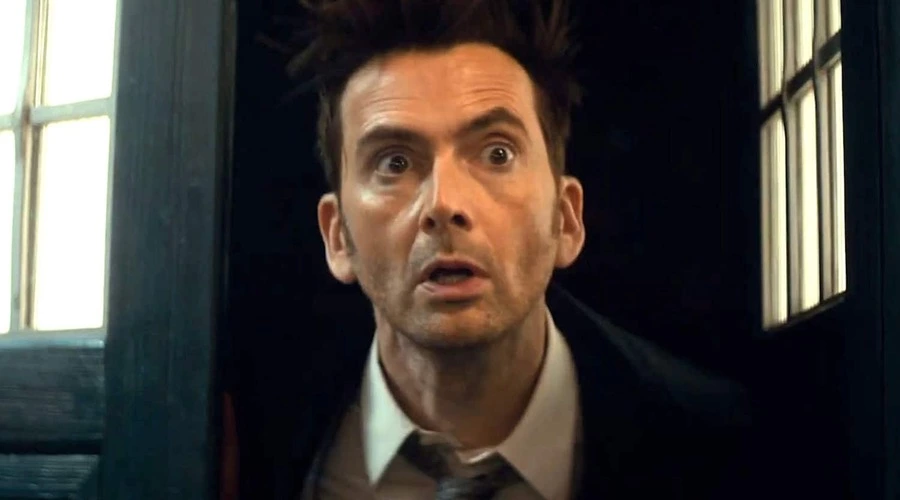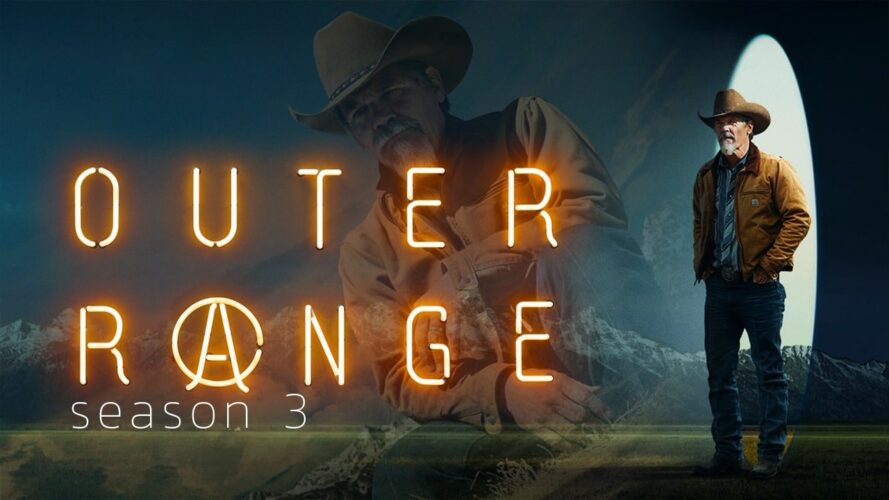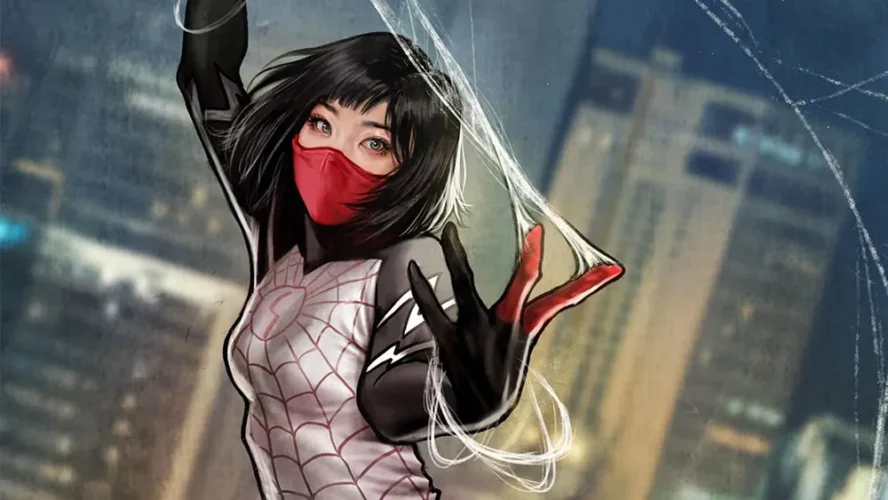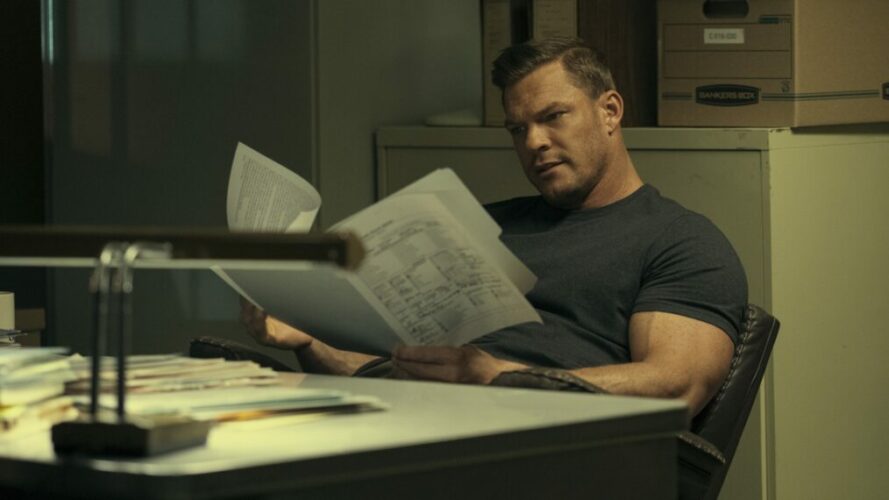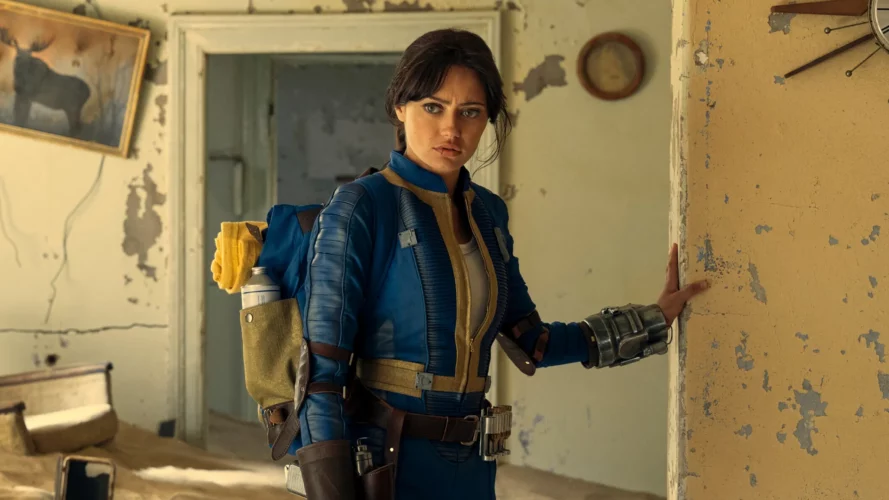During the 60th Anniversary special of Doctor Who, David Tennant’s iconic Doctor found himself in the crossfire of a pronoun predicament. The scene, featuring a furry fictional alien called Beep The Meep, stirred controversy and ignited a wave of backlash from fans.
The Doctor, played by Tennant, referred to the adorable alien as ‘him,’ prompting a scolding from Rose, the daughter of former companion Donna Noble and portrayed by transgender actress Yasmin Finney. Rose questioned the assumption of the Meep’s gender, asking, “You’re assuming ‘he’ as a pronoun?” The Doctor, realizing the mistake, promptly apologized and inquired about the Meep’s preferred pronouns, to which the creature whimsically responded, “My chosen pronoun is the definite article. I am always The Meep.”
While the scene was hailed by some as a groundbreaking moment for trans representation, it quickly became a lightning rod for criticism. The Family Education Trust condemned it, claiming it promoted a ‘cult of gender ideology’ for young audiences. The hashtag #RIPDoctorWho trended on social media, with viewers vowing to boycott the show, citing the intrusion of what they deemed “woke” elements.
Notably, the controversy extended beyond the pronoun discussion. Some fans took issue with Tennant’s character seemingly belittling the male incarnation of the Doctor while praising the previous female incarnation portrayed by Jodie Whittaker.
The BBC has a history of incorporating social and political themes into Doctor Who, and this instance appears to have fueled a broader debate about the show’s direction. Critics argue that injecting real-world issues into a beloved science fiction series may alienate viewers, while supporters commend the show for addressing contemporary topics.
As the TARDIS navigates the time-space continuum, the pronoun controversy adds a new layer to Doctor Who’s legacy, showcasing how even a beloved time-traveling alien can’t escape the complexities of the present-day discourse on gender and identity. The question remains: in the vast expanse of time and space, how far is too far when it comes to reflecting contemporary societal debates in a beloved science fiction series?
